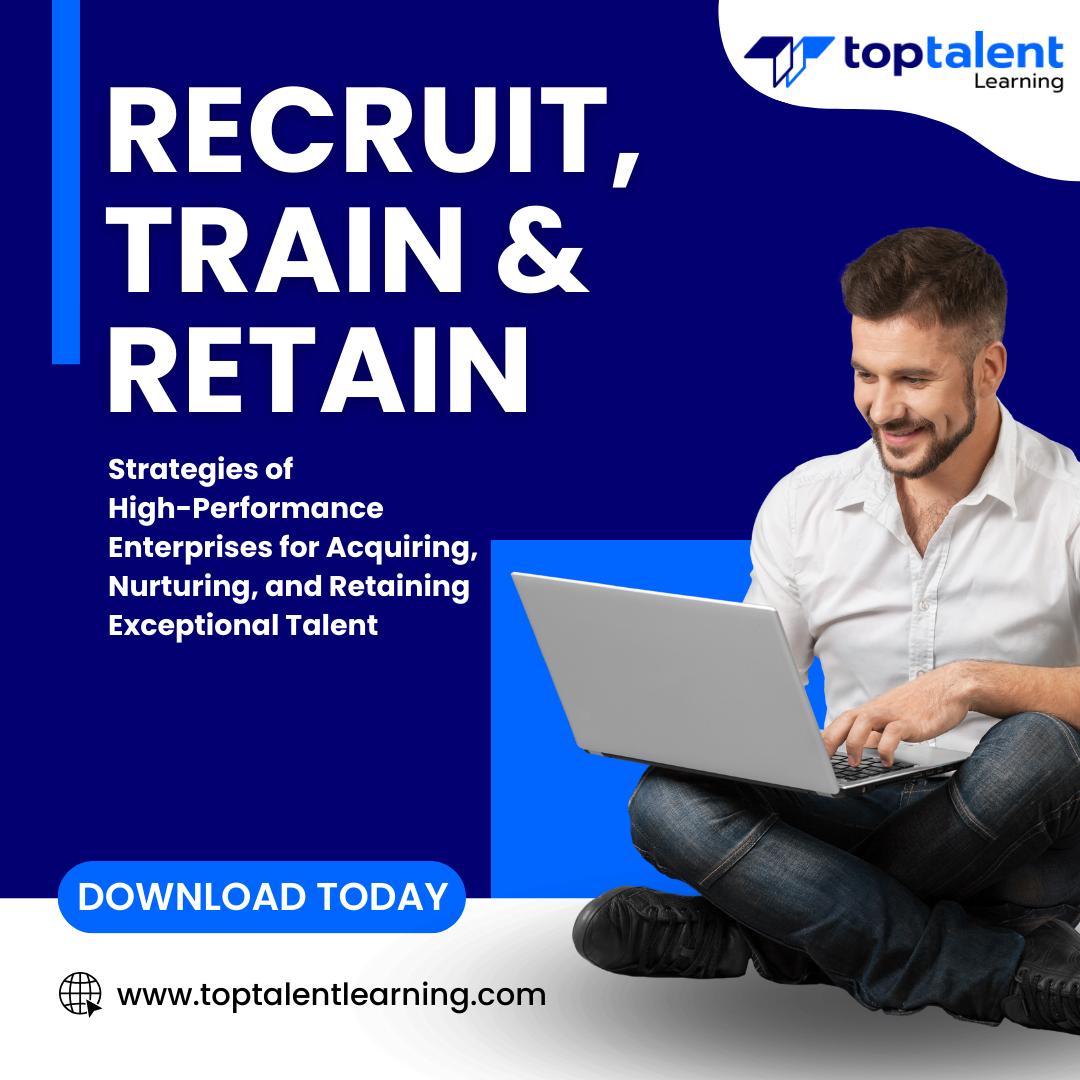The multitenant architecture enables you to have many pluggable databases inside a single Oracle Database instance. Oracle Database 19c Multitenant Architecture is a three-day hands-on course that explores the multitenant architecture and the different types of pluggable databases (PDBs) in multitenant container databases (CDBs).
NOTE: This training is NOT Official Oracle University training. This is independent, adjustable content that aligns with current topics, skills and tools that participants need to excel in these areas.
- Price: $2,495.00
- Duration: 1 day
- Delivery Methods: Virtual
| Date | Time | Price | Option |
|---|---|---|---|
| 02/12/2025 | 10:00 AM - 06:00 PM CT | $2,495.00 | |
| 05/19/2025 | 09:00 AM - 05:00 PM CT | $2,495.00 | |
| 08/18/2025 | 09:00 AM - 05:00 PM CT | $2,495.00 | |
| 10/06/2025 | 09:00 AM - 05:00 PM CT | $2,495.00 |
Please note that this list of topics is based on our standard course offering, evolved from typical industry uses and trends. We’ll work with you to tune this course and level of coverage to target the skills you need most.
Multitenant Architecture
- CDB Basics
- CDB and Regular PDBs
- Application PDBs and Application Installation
PDB Creation
- PDB Creation
- CDB and PDB Management
- Storage
Security
- Security
- Backup and Duplicate
- Recovery and Flashback
- Performance
- Resources Allocation
Data Movement
- Data Movement
- Upgrade Methods
- Miscellaneous
This course is approximately 50% hands-on, combining expert lecture, real-world demonstrations and group discussions with machine-based practical labs and exercises. Working in a hands-on learning environment led by our Oracle Certified expert facilitator, students will learn how to:
- Core concepts of regular PDBs
- Creating a CDB, and then using different methods to create PDBs.
- How to start and shut down a CDB and how to open and close a PDB.
- Security aspects in CDBs and PDBs in various areas like privileges and roles, lockdown profiles, auditing, Database Vault, and encryption.
- Availability through backup, duplicate, recovery, and flashback topics and then performance, monitoring, and resources allocation management in CDBs and PDBs.
- How you can move data from a non-CDB environment to a PDB.
- How to move data between PDBs by using utilities such as the export and import features of Oracle Data Pump, SQL*Loader, external tables, and Oracle Recovery Manager.
Need different skills or topics? If your team requires different topics or tools, additional skills or custom approach, this course may be further adjusted to accommodate. We offer additional Oracle, database, scripting, administration and other related topics that may be blended with this course for a track that best suits your needs.
This course is introductory-level, but technical in nature. In order to participate in the hands-pon labs you should have a basic understanding of database principles, basic scripting skills (in relation to Oracle) and basic analytics skills.
This course is introductory-level, but technical in nature. In order to participate in the hands-pon labs you should have a basic understanding of database principles, basic scripting skills (in relation to Oracle) and basic analytics skills.

